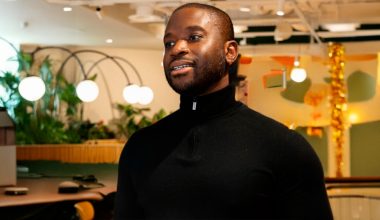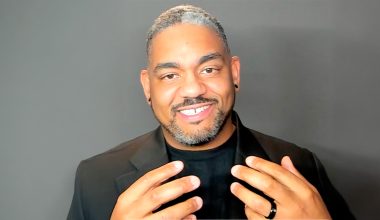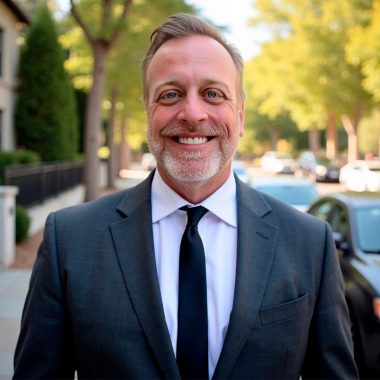The concept of the “shade tree” comes from a Greek proverb: society grows great when people plant trees whose shade they may never sit in. For Matt Engle civic innovation reflects that idea: decisions made now may not bring immediate benefit but will create stronger, more resilient institutions for generations to come. “As a soldier and police officer, I learned what it means to serve people directly, often in their most vulnerable moments,” says Engle, Senior Director at the GovTech firm Tyler Technologies. “While in tech, I saw how systems, data, and long-term investments shape communities over decades. My work today is about bringing those experiences together, the urgency of service with the patience required to plant shade trees.”
Why Governments Struggle with the Long View
For Engle, who brings more than 15 years of combined experience across the U.S. Army, law enforcement, and senior leadership in public safety technology, leadership in GovTech requires the humility to advocate for projects whose true value may not be fully realized for several years. “Shade tree projects may not give you instant wins,” Engle says. “They require trust and patience, and the ability to think in decades, not quarters. That’s extremely hard in government where skepticism runs high and resources are limited. But when those projects are implemented (think of highways, libraries, parks), they separate communities that merely get by from those that thrive for generations.”
The Shifts Reshaping Citizen-Government Trust
Citizens are increasingly demanding to see how their government performs in real time, from law enforcement response times to budget allocation. The most significant shifts in government service are tied to transparency, and, increasingly, personalization and collaboration. “Citizens expect government services to feel as seamless as consumer technology,” he says. “Just like Amazon or Netflix know your preferences, citizens expect government to anticipate their needs without forcing them to navigate bureaucracy.”Equally important is the rise of collaborative problem solving Engle is seeing: citizens want to provide feedback, data, and even solutions to the services they use. Technology, when used correctly, makes this possible.
The Promise and Limits of AI
Artificial intelligence is already reshaping how governments operate, but AI cannot simply be bolted onto existing systems. “If it’s done right, AI chatbots can take away friction in engaging with government: answering routine questions, guiding people through complex processes, and making services available 24/7,” he says. Staffing shortages across public agencies make those efficiencies especially valuable. “We can’t let technology become part of the trust problem. AI should supplement, not replace, the human side of government. People want empathy, accountability, and human connection when it matters.”
Building Shade Tree Solutions in GovTech
For professionals working in early stage GovTech companies or scaling public sector solutions, Engle provides three guiding principles. First, design with transparency. “Trust is built in the open,” he says. “Citizens need to know how decisions are made and where their data goes.” Second, focus on inclusivity. Engle points to Ed Catmull’s book Creativity, Inc. to underline the value of diverse perspectives. “You can’t build for a diverse community without having diversity on the team,” he explains. Solutions must serve all corners of the community, not just the loudest or most resourced voices. Finally, commit to resilience. “Solutions should outlast leadership changes and budget cycles,” Engle says. “The goal is to build things that keep serving communities long after the people who created them move on.”
A Legacy of Service and Innovation
Engle’s career illustrates how blending civic-first service with entrepreneurial strategy can produce lasting impact. “You want to solve problems today, but you also want to set the next generation up to inherit stronger institutions. That’s the shade tree mindset.” For leaders and innovators in the GovTech space, Engle’s philosophy serves as a reminder that civic innovation is not a sprint but a generational relay. The shade we enjoy today was planted decades ago, and the choices made now will shape the resilience and trust of communities far beyond our lifetime.
Follow Matt Engle on LinkedIn for more insights into the latest GovTech developments.





